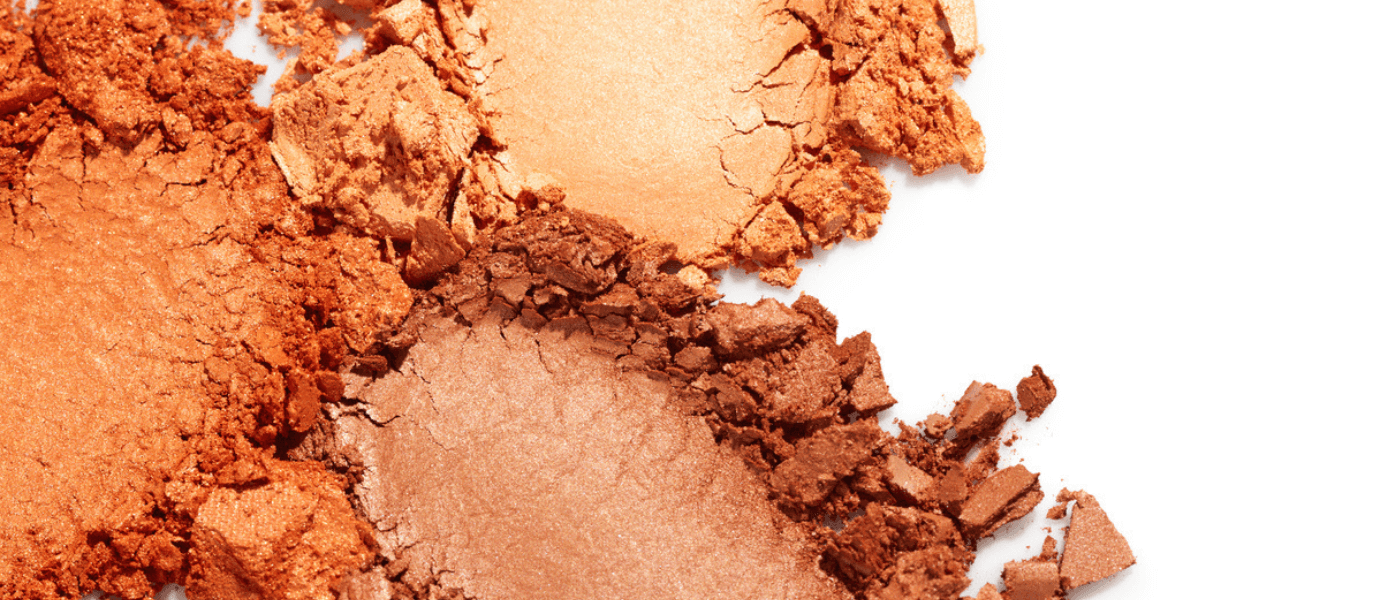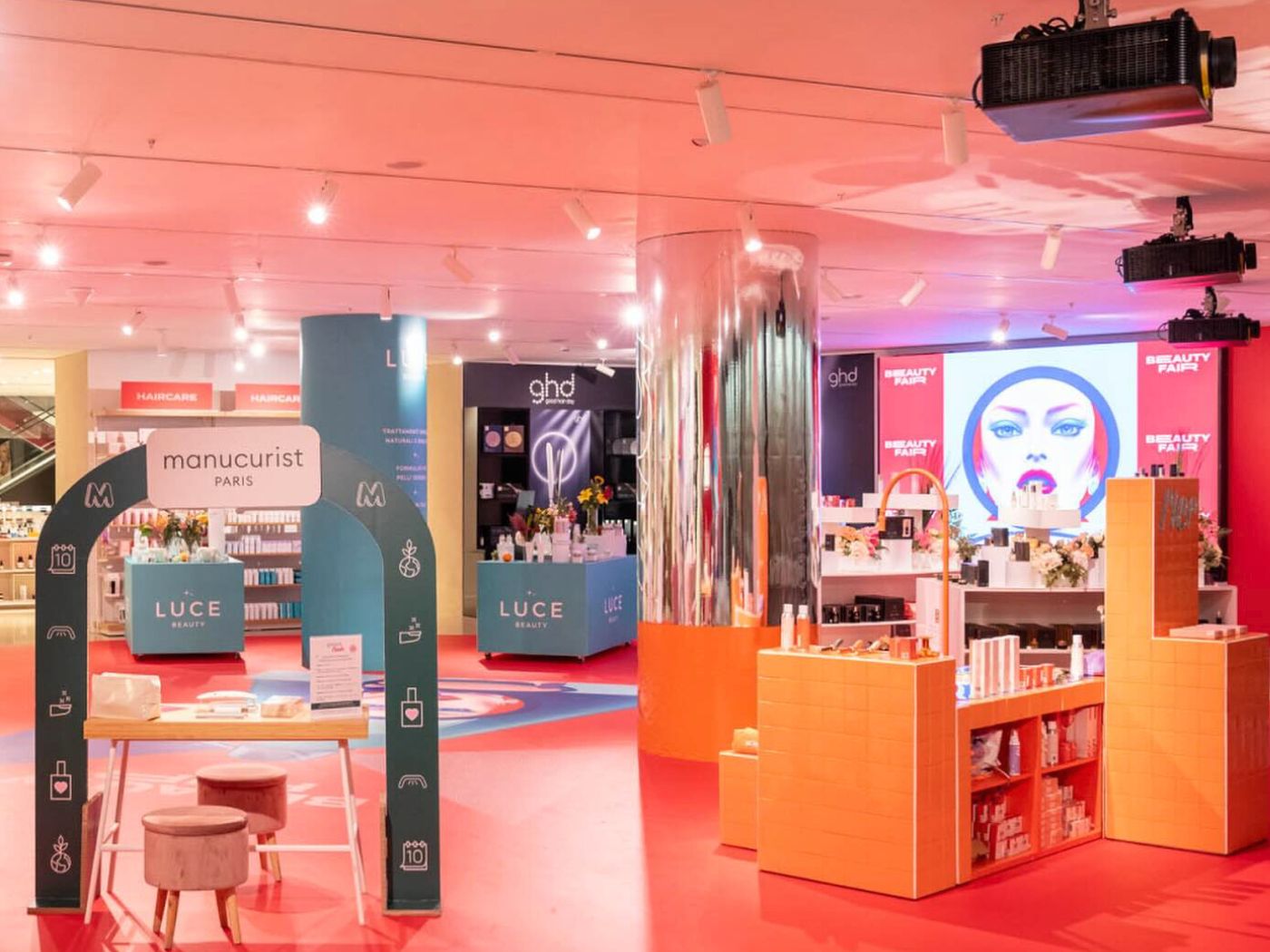By Faye Brookman
The most significant changes in cosmetics safety regulations are coming to the U.S. beauty industry.
On December 23, Congress passed the Food and Drug Omnibus Reform Act of 2022, which includes the Modernization of Cosmetics Regulation Act, often referred to by beauty industry insiders as MoCRA. It is the first significant amendment to the FDA’s cosmetics authority in more than 80 years. The reform is a culmination of bipartisan efforts combined with the muscle of large and small beauty companies looking to increase the safety of beauty products for consumers.
With the new legislation, the FDA will develop and issue manufacturing regulations, create tests for asbestos, and address widely used chemicals that break down slowly over time in cosmetics, such as poly-fluoroalkyls. Companies will also be required to test personal care products made with talc for asbestos, using state-of-the-art methods.
Beginning in 2024, beauty companies will need to register their facilities and list ingredients — and maintain records to substantiate the safety of products. Serious side effects must also be reported to the FDA.
MoCRA also clears a path for the FDA to have mandatory recall authority when there’s a reasonable probability that a cosmetic has been adulterated or misbranded and could result in health consequences.
The passing of the reform was met with a positive response from industry watchers.
“Although more is needed to ensure the safety of chemicals used in cosmetics, this update is a welcome step in the right direction,” said Scott Faber, Senior Vice President, Government Affairs, at the Environmental Working Group. “Consumers, not just the FDA, will have more information when purchasing cosmetics, since fragrance allergens will now be on product labels.”
It also looks to reinforce consumer confidence, said Lezlee Westine, President and CEO of the Personal Care Products Council [PCPC].
“This historic moment took over a decade, bringing together a diverse group of stakeholders to support a contemporary approach to cosmetics oversight and further strengthen consumer trust in the products they use every day,” Lezlee said.
Karin Ross, PCPC Executive Vice President of Government Affairs, added, “We entered this process advocating for well-crafted, science-based federal reforms to enhance our industry’s ability to innovate and to modernize regulation that has largely been unchanged for more than 80 years.”
MoCRA was a buzzy topic at PCPC’s Leadership Summit last September. A chat between FDA Commissioner Robert Califf and Lezlee previewed the reform that was to come. “People need to know who produces what and the ingredients in them,” Robert said. He ticked off a wish list that mirrors much of what the reform will provide, including good manufacturing practices and mandatory recalls. He also called for special considerations for small businesses, such as simplified requirements and extended compliance periods.
There were no requirements adopted in animal testing, always a hot beauty topic, but MoCRA does suggest that the practice not be used to support a product’s safety and should be phased out in most cases.
“While the reform marks progress, the industry still has work to be done,” said Jen Lee, Chief Impact Officer of Beautycounter, a brand that has led advocacy efforts over the past decade for greater safety and transparency. As a result of Beautycounter’s advocacy, more than 11 pieces of legislation have been passed and over 2,200 meetings with members of Congress have been held. Most recently, Beautycounter CEO Marc Rey submitted a letter to congressional leadership and the California congressional delegation calling on them to pass the cosmetic reform before the end of the year.
“Ultimately, consumers will benefit from knowing that the onus is no longer on them alone to decide whether or not a product is safer,” said Jen.
The U.S. lags in cosmetics regulations. More than 80 countries have enacted rules encompassing the safety of cosmetics and personal care products, according to the EWG. Some of these nations have restricted or completely banned more than 1,600 chemicals from cosmetic products, whereas the U.S. has only nine banned or restricted chemicals. Existing federal laws don’t require cosmetic ingredients, other than color additives, to have FDA approval before entering the market.




